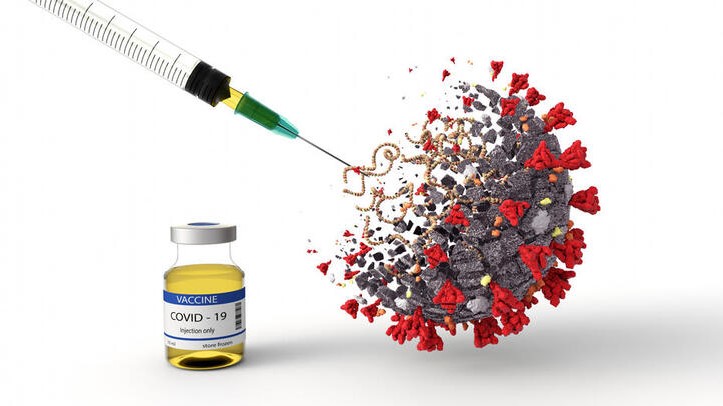Covid vaccine campaigns are running across the globe and WHO is continuously working endlessly with its partners to manufacture, develop and distribute safe and effective vaccines. Countries have come together to import and export their licensed vaccines, ensuring more and more people get vaccinated by the end of this year.
Though vaccines are a great effective tool in protecting against the life-threatening virus, we must follow the cautionary guidelines of wearing masks, maintaining social distance and ensuring proper ventilation indoors.
In January 2021, India started the covid vaccination drives to control the spread of the virus by ensuring equitable access to the vaccine. The country has two licensed vaccines – Covishield and Covaxin. The government has also got the Sputnik vaccine imported from Russia that is under its Phase III trial.
In this blog, we have discussed the different kinds of vaccines available in India and how these vaccines work in the body.
How do Covid-19 vaccines work?
Before you understand the working process of the covid-19 vaccines, it is essential to learn how your body fights the illness. When the SARS-CoV-2 virus enters your body, it starts multiplying and causes infection.
Your immune system has white blood cells that fight infection in different ways. Macrophages are the type of WBCs that digest germs and dying cells, leaving behind only parts of the invading germs known as ‘antigens’. The body recognizes the antigens as dangerous and creates antibodies for attacking them back.
Another kind of WBCs is B-lymphocytes. These are defensive blood cells that carry out the role of creating antibodies to attack the strains of the virus left behind by the macrophages. T-lymphocytes are again a defensive WBC that is known to attack infected cells in the body.
The Covid-19 vaccines promote immunity development against the virus without being affected by the illness. However, one can still get affected by the virus after vaccination, but the severity of the illness would be very less as compared to a non-vaccinated Covid-positive patient.
Again, different vaccines work differently to ensure protection. However, all of these vaccines leave behind “memory cells” of T-lymphocytes and B-lymphocytes that remembers fighting against the virus in the future.
The body takes a few weeks to create B-lymphocytes and T-lymphocytes. As such, you can get infected by the Covid virus right after or before vaccination because your body didn’t get sufficient time to produce the antibodies.
Post-vaccination, the body shows various symptoms as it builds immunity. The most common symptoms include fever, body aches, headache, etc.
What are the types of vaccines licensed in India?
The Central Drugs Standard Control Organization granted EUA (emergency use authorization) to two vaccines made in India – Covishield and Covaxin. Sputnik –V is another vaccine that was granted EUA in April 2021.
Covishield is a Viral Vector-based technology manufactured by the Serum Institute of India. The time interval between the two doses of this vaccine is 12 to 16 weeks now, which was earlier 4 to 8 weeks.
Covaxin is a whole-virion inactivated coronavirus vaccine manufactured by the Bharat Biotech. The time interval between the two doses of this vaccine is 4 to 6 weeks.
In a Nutshell
We need to understand that the developing vaccines will not bring this pandemic situation to an end, but faster vaccination will. While the government and medical fraternities continue with the vaccination drives across the country, we should keep taking precautions to protect ourselves and the people around us on an individual level.




